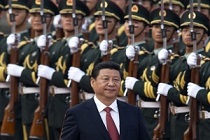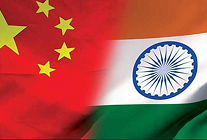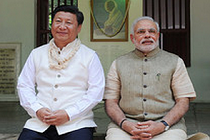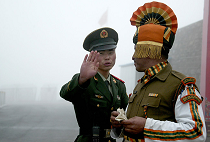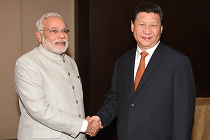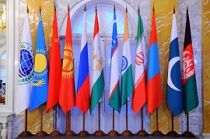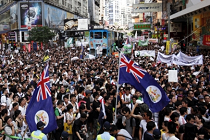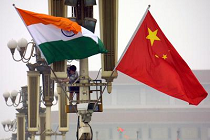Online debate: From Tahrir Square to Hong Kong
The Hong Kong student protests have brought back memories of the youth uprisings in West Asia. Gateway House debates the differences and similarities of these movements that have so dramatically changed our world – and more is yet to come. From Tahrir Square in Egypt to Hong Kong, social media has been the driver for change



